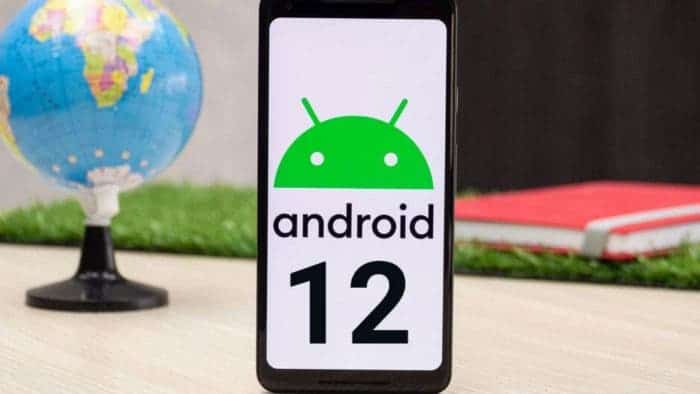Google is now in full swing preparing for the launch of its new mobile platform – Android 12. Meanwhile, details about it began to leak on the web.
This time, enthusiasts from the mobile developer community XDA Developers have found one of the features of the future update by digging into the AOSP (Android Open Source Project) code.
The new feature is internally called restricted networking mode. Interestingly, in a post describing the innovation, enthusiasts expressed frustration that the feature did not add the hotly anticipated customizable system-level firewall.
However, this mode may well be useful. If you activate it in the settings, then only those applications that have received special permission CONNECTIVITY_USE_RESTRICTED_NETWORKS will be able to connect to the network. Such permission will only be issued to specific system applications and/or installed by the manufacturer. Thus, in restricted network mode, any applications installed by the user cannot access the Internet.
The first developer preview of Android 12 should launch in February.

Android 12 will be much easier to update – via Play Store
With the popularity of the Google Play Store, it is quite easy for Android users to update apps. Because updating apps via the Play Store is technically a routine for some users, it feels like updating via the Play Store is even easier than the OTA updates. Google wants to give users an easier option for Android updates. Google launched “Project Mainline” to improve the way Android updates. In Android 12, the operating system update may be easier.

Read Also: Google and Apple join 6G group – does not want to be behind China again
XDA’s luca020400, noticed that Google is converting Android Runtime (also known as ART) into a Mainline module, making it possible to push updates to key system components through the Play Store. ART compiles the bytecode of Android applications into native machine instructions. If Google wants to change the way that Android 12 (and future versions) compiles code, it can be adjusted at any time instead of relying on traditional operating system updates. Users don’t have to wait weeks or months for feature improvements or security fixes.
This may have a real impact on the devices and applications you use, even if it’s not necessarily better. XDA believes that Google can provide more consistency to applications. To do this, it will have to work on ART to behave the same way on all Android devices. However, this will also take away some of the customization features that device manufacturers have been using. If they adjust ART for performance or flexibility, you may lose these privileges. Also, this will greatly reduce phone manufacturers’ control on updates. Whether this is a good thing or not is a topic for another day.
ART as a Mainline Module will tackle the slow release of updates
Nevertheless, Google may feel that this is worth the sacrifice. Android 12 can partially solve the problem of OEM manufacturers lagging behind or skipping operating system updates. Of course, there is also a big problem in improving compatibility. This still won’t solve some problems with Android updates. However, if there is a zero-day vulnerability that needs a fix before the traditional patch arrives, this new change will make a difference.
Regarding Project Mainline, here is what XDA has to say
Project Mainline extends the efforts of Project Treble. While Treble reduced how dependent OEMs were on SoC vendors for every single OS update, Mainline reduces how dependent Google is on OEMs for delivering security updates to key OS components. Project Mainline extends the Treble philosophy to more critical parts of the Android framework, removing OEMs as the dependent middlemen from this equation. The purpose of Project Mainline is for Google to wrest control of framework components and system applications that are critical to security and maintaining development consistency away from OEMs. Project Mainline is rightfully referred to as the biggest change to Android since Project Treble.




